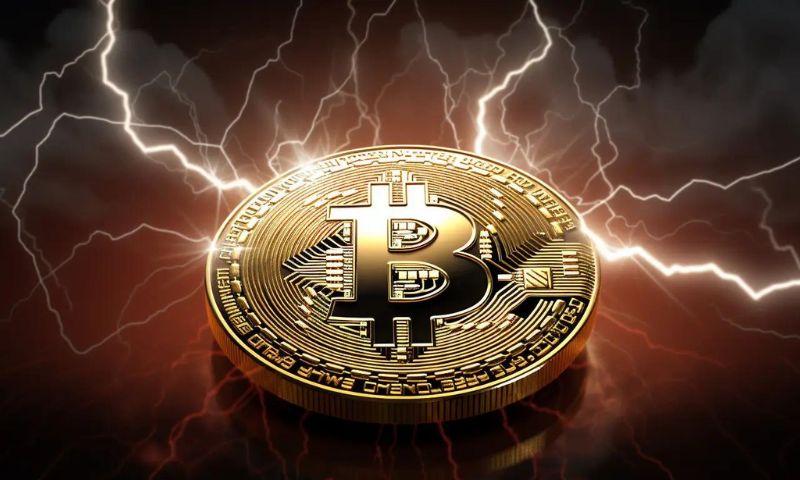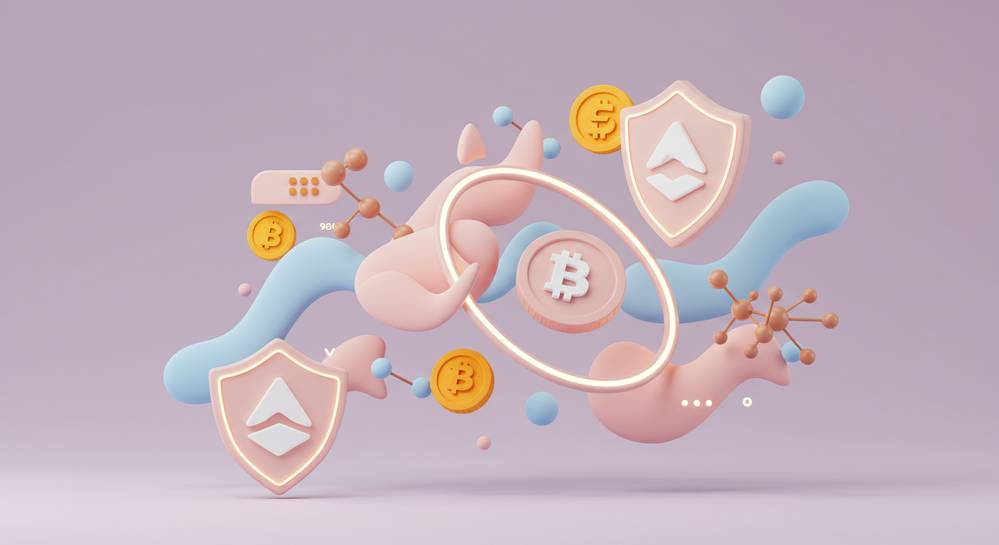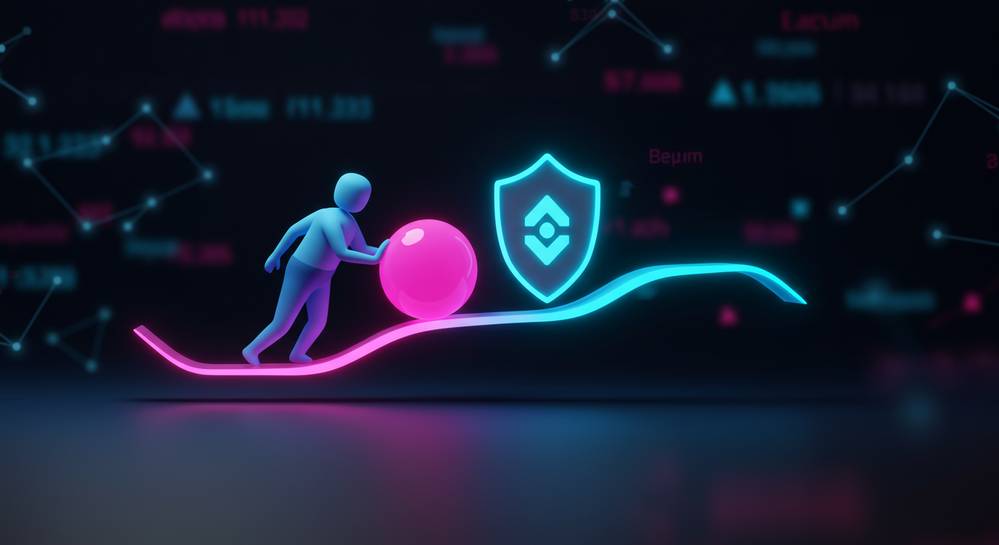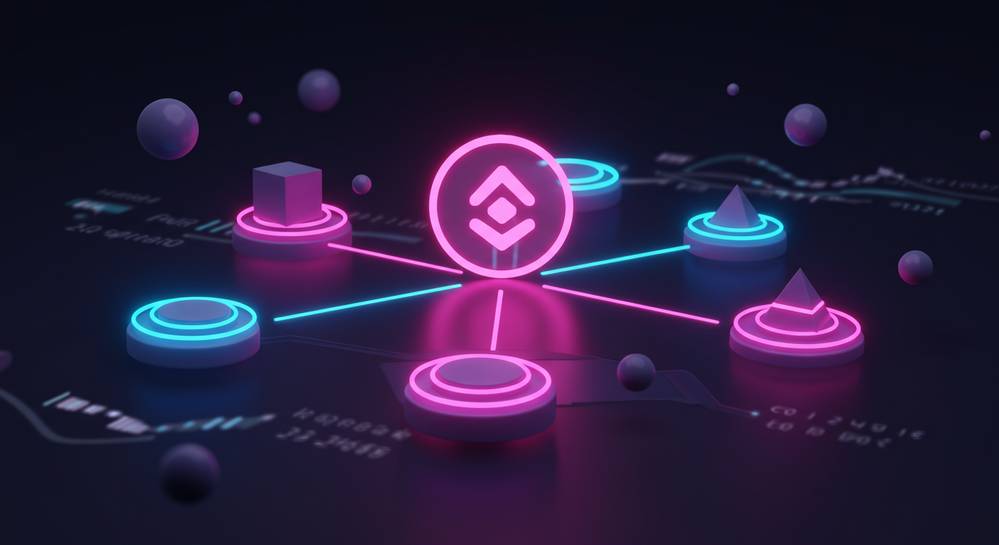Feeling uneasy about how to make secure crypto transactions? You’re not alone. Dive in as I unpack the secrets to iron-clad crypto dealings. We start with wallets that won’t betray your trust and hardware options that turn your assets into digital Fort Knox. Next up, I’ll show you the two-factor dance and multisig moves that keep hackers at bay. Get ready to spot and dodge phishing hooks before they snag your keys. Finally, I’m spilling on encryption spells and safe-connection shields that protect your trades like a pro. Buckle up, folks. It’s time to fortify your crypto fortress.
The Foundation of Secure Crypto Transactions
Choosing Safe Crypto Wallets
When picking a wallet, think of it as choosing a bank. Just as you wouldn’t stash your life savings under the mattress, the same goes for your digital currency. A safe crypto wallet is your first line of defense in the world of cryptocurrency safety. But, how do you pick one?
Ask yourself: Is it from a trusted crypto exchange platform? Does it demand a strong password for your crypto account? Does it offer features like two-factor authentication crypto protection or multisignature wallets? Always go for wallets that tick these boxes to ensure the utmost safety of your coins.
The Role of Hardware Wallets for Enhanced Security
Imagine a small, sturdy box where you keep your dearest treasures. That’s what a hardware wallet is for your digital currency. Unlike online wallets, hardware wallets store your keys offline — making it tough for hackers to get a whiff of your wealth.
A little box might seem outdated, but it’s a powerhouse when it comes to blockchain security features. These devices first verify your transactions and then sign them within the device, keeping your public and private keys safe and sound. It’s a small investment for a big leap in cryptocurrency safety.
So here’s the crux: always pick safe crypto wallets and consider a hardware wallet to safeguard your digital dough. And when you do, make sure to always keep that wallet’s software up-to-date. Remember, staying secure in crypto isn’t just a one-time job — it’s a continuous effort. So set strong passwords, back up your wallet, store your private keys off the grid, and sleep easy knowing you’re locked tight against the wild west of the web.
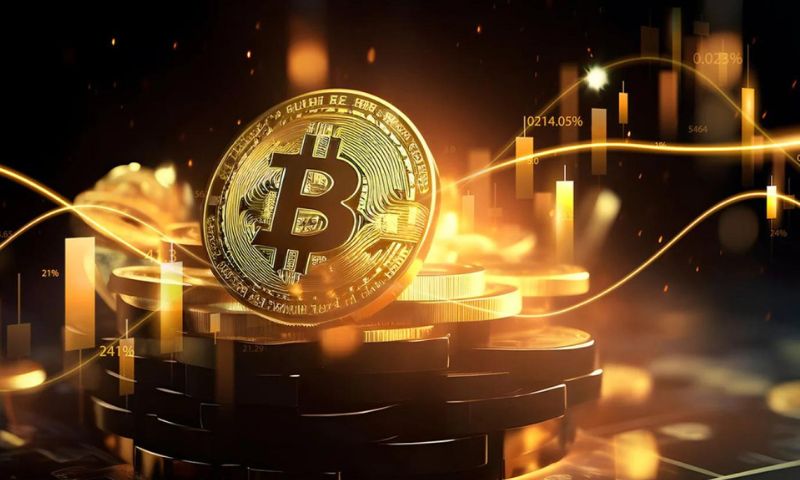
Authentication and Transaction Verification
The Essentials of Two-Factor Authentication
We keep safe when we use two-factor authentication (2FA). Here’s how it works. You log in with your password, right? But wait, there’s more! You also need a code, which you get by SMS or an app. So, if a bad guy gets your password, they still need your phone to get in. Good luck to them!
You’ve just learned the basics of 2FA for crypto transaction verification. Now let’s dig deeper. Imagine 2FA as your personal crypto bodyguard. It’s always on guard, double-checking it’s really you. Each time you sign in or make a deal, 2FA asks, “Hey, is that really you?” This happens on trusted crypto exchange platforms and your own safe crypto wallets. It’s a must-do for cryptocurrency safety.
Leveraging Multisignature Wallets for Additional Safety
Now, let’s chat about multisignature wallets. Think of these as a high-security bank vault. Not just one, but several keys are needed to open it. In the crypto world, this means several people must okay a transaction. This is perfect for teams or families. It’s like an extra strong lock on your digital treasure chest.
How do multisignature wallets help? They make sure one person can’t run off with the cash. It’s a teamwork thing. Each person holds a key – a public and private key – and you all must agree to use the funds. This boosts blockchain security features because hacking multiple people at once is super hard.
Multisig wallets aren’t just for keeping your coins still. They’re also great for smart contract safety. They ensure that deals only happen when all sides agree. Everything is clear, and everyone’s held accountable. This way, we cut the risk of losing our digital money through theft or mistakes.
Yeah, this is techy stuff. But breaking it down makes it simple. Use 2FA to keep your solo accounts safe. Use multisig for group stuff. Both ways, you guard against unwelcome visitors trying to sneak into your crypto stash. Remember, updating your hardware wallet usage and safe crypto wallets is important too. Like any good tool, they need a tune-up now and then.
And here is something I need you to remember. Always have a strong password for crypto accounts. I’m talking about a mix of letters, numbers, and symbols. And no, ‘password123’ doesn’t cut it. Be the Fort Knox of passwords. Crack-proof.
Lastly, watch out for sickly sweet scam emails trying to phish. They’re the fake emails that look real. They want your info, and they’re sneaky. Stay sharp, and when in doubt, don’t click. Make these steps your habit, and you’re on your way to secure cryptocurrency transactions. Keep learning, stay alert, and remember, in the crypto world, your vigilance is worth more than gold.
With knowledge, you become the guardian of your digital gold. So keep these tips in your vault and stand tall in the digital world knowing you’re secure.
Safeguarding Your Digital Assets
Recognizing and Avoiding Crypto Phishing Attempts
Watch out for crypto phishing where scammers trick you into giving your info. They might send you fake emails or websites that look real. Don’t click on unknown links or give your keys to anyone asking through email or messages. Even if they say they’re from a legit company, check first.
So, how can you spot a phishing scam? Look for odd emails or websites that ask for your crypto keys. If they rush you or make you scared to get your info, that’s a red flag. Always go directly to the website you trust, not through links in emails.
Keeping Your Public and Private Keys Secure
Your keys are like the secret codes to your crypto. The public one is okay to share—it’s like your crypto address. But keep the private one a secret—it opens your crypto safe. Tell no one this key. Use strong passwords and change them often. Don’t just use one wallet. Spread your crypto over a few. This way, if one has issues, you don’t lose all your money.
If you talk about a hardware wallet, it’s a physical device that keeps your crypto safe. Think of it like a safe that only you can open. It stores your private keys offline so hackers can’t get to them easily. Use them if you have a lot of crypto or worry about online security. That’s how you make your wallet a fortress.
For extra safety, use two-factor authentication (2FA) and multisignature wallets. 2FA needs two kinds of proof before you can get into your account. This way, even if someone guesses your password, they can’t get into your wallet without the second proof.
A multisignature wallet is like a bank safe that needs two or more keys to open. With this, you need more than one person to agree to spend the crypto. This is good for groups or businesses that deal with crypto.
By staying sharp with these tips, your crypto stays secure. Remember, your knowledge is your power in the crypto world.

Advanced Security Measures and Best Practices
Utilizing Encryption Techniques for Crypto Transactions
When trading crypto, we must think like a secret agent. Imagine your cryptos are top-secret messages. Would you send them out for anyone to see? Of course not! Encryption is your coded language, your way to lock up the information. But how does it work?
Encryption scrambles up your data. This turns your readable info into a jumble of codes. Only the person with the key can unscramble it. This makes your crypto safe even if someone tries to sneak a peek.
For safe crypto transactions, always use encryption. This stops hackers from stealing your stash. It’s like having a super-secure lock on your virtual vault.
Make sure your wallet uses strong encryption. This shields your public and private keys. It’s the difference between a fortress and a cardboard box.
Every time you make a crypto move, use encrypted channels. This is crucial for sending or getting cryptos. It’s key to keep sneaky eyes away from your coins.
Remember, each step you take matters. Always encrypt, never regret!
Importance of Secure Internet Connections and VPN Use in Crypto Activities
Did you ever talk secrets in front of someone you didn’t trust? It feels risky, right? It’s the same with using unsecure internet for crypto stuff.
Always trade over a secure connection. It’s your line of defense against eavesdroppers. It’s as important as wearing a helmet when riding a bike.
Unsecure internet is like shouting your secrets across a crowded room. Secure internet is whispering in a sound-proof booth. It’s safe from nosy neighbors.
Now, let’s talk about VPNs. VPN stands for Virtual Private Network. It’s your invisible cloak. It hides your whereabouts from prying eyes.
When using a VPN for crypto activities, you trick onlookers. They can’t tell where you are or what you’re up to. This throws them off your trail.
Think of it as a secret tunnel for your internet journey. It keeps you hidden and safe from any bad actors out there. Just like spies use disguises, you use a VPN.
Remember, these advanced steps are not just fancy extras. They’re must-haves in your journey to secure cryptocurrency transactions. Happy and safe trading!
In this post, we’ve covered key points to keep your crypto transactions safe. First, we looked at choosing secure wallets, highlighting hardware wallets for better protection. Next, we delved into how to check who gets into your account with two-factor authentication and multisig wallets. Then, we learned to dodge crypto phishing and keep our key info under wraps. Finally, we focused on advanced tips like using secret codes for your crypto moves and safe net habits for trading. Always stay sharp and use these tips to protect your digital gold! Keep learning, stay safe, and happy trading!
Q&A :
How can I ensure my cryptocurrency transactions are secure?
When making cryptocurrency transactions, security should be of utmost importance. Start by using a reputable and secure crypto wallet. Enable two-factor authentication (2FA) for an extra layer of security. Always make sure your private keys are stored safely and never shared with anyone. Use a secure internet connection, and avoid making transactions on public Wi-Fi. Keep your wallet software up to date with the latest security patches and stay informed about common cryptocurrency scams to avoid falling prey to them.
What are the best practices to avoid fraud in crypto transactions?
To avoid fraud in crypto transactions, always double-check the recipient’s address before sending funds, as transactions can’t be reversed. Be wary of unsolicited offers or pressure to make quick investments. Conduct due diligence before using any crypto service or responding to investment opportunities. Use hardware wallets for larger sums, as they are less vulnerable to online hacking. And never disclose your recovery phrases or private keys to anyone.
Can hardware wallets increase the security of my crypto transactions?
Yes, hardware wallets can significantly increase the security of your crypto transactions. They store your private keys offline, which makes them immune to online hacking attempts. Transactions made with hardware wallets require physical confirmation, which greatly reduces the risk of unauthorized access. When choosing a hardware wallet, opt for trusted brands and buy directly from the manufacturer to avoid counterfeit devices.
Are there any extra steps to secure crypto transactions for businesses?
Businesses dealing with crypto transactions should implement strict internal security policies. Using a multi-signature wallet ensures that transactions require multiple approvals, distributing the responsibility and reducing the risk of a single point of failure. Regularly auditing and monitoring transactions can help quickly identify and address suspicious activity. Educating employees about security best practices is also key in mitigating risks associated with handling cryptocurrencies.
How does network confirmations impact transaction security in cryptocurrency?
Network confirmations play a crucial role in the security of cryptocurrency transactions. Each confirmation represents a new block added to the blockchain, containing your transaction, which makes it increasingly difficult to reverse. Typically, the more network confirmations a transaction has, the more secure it is considered to be. For larger transactions, it is advised to wait for a higher number of confirmations to ensure maximum security.

